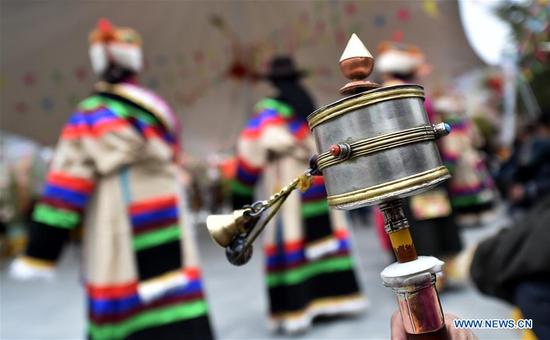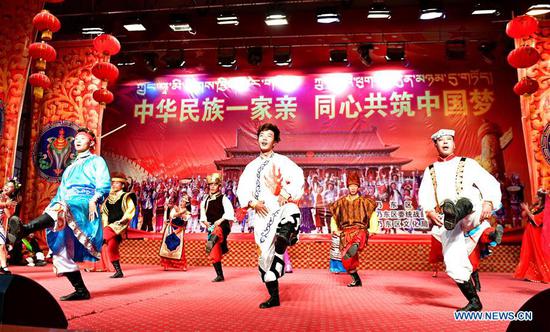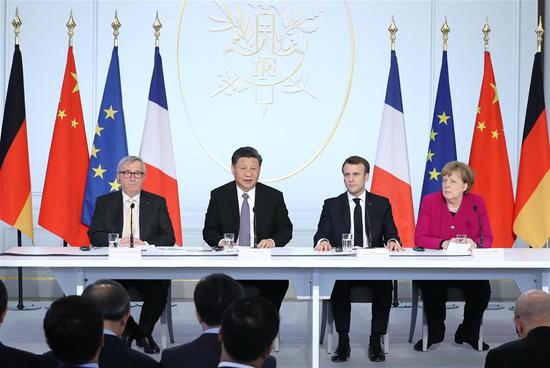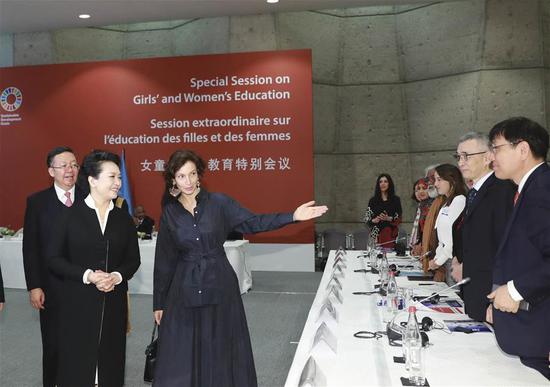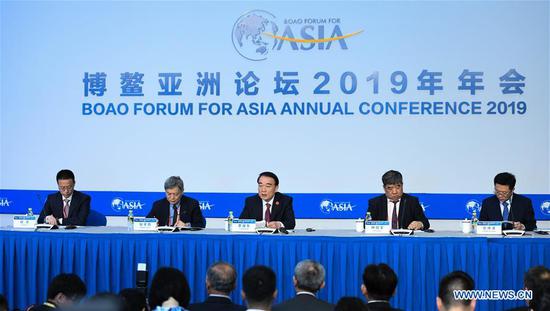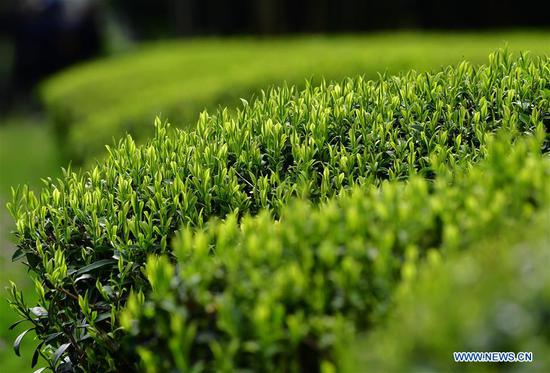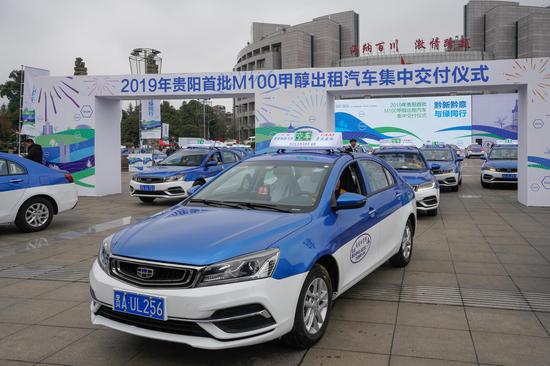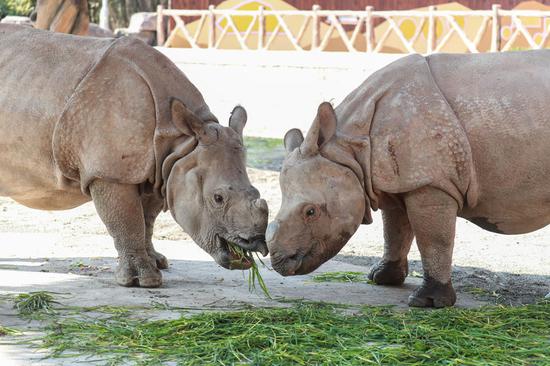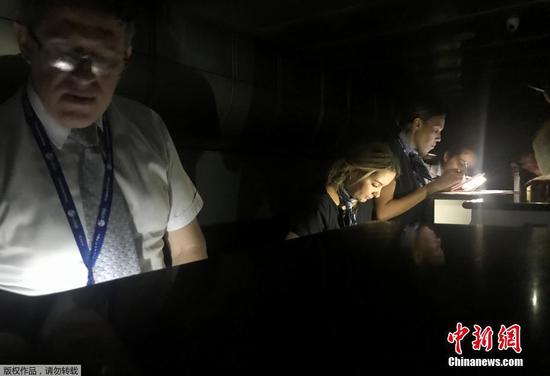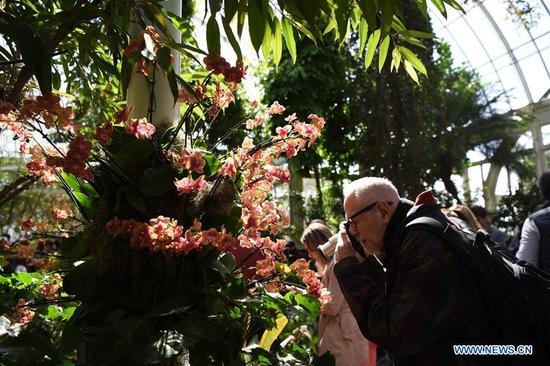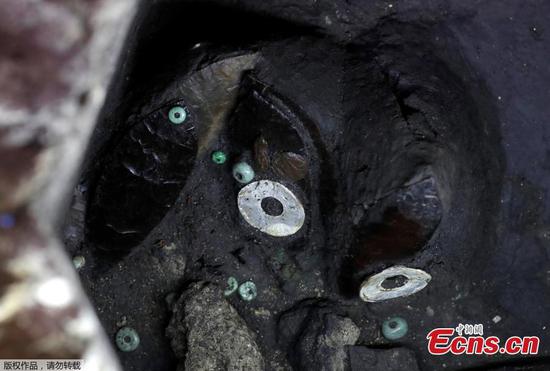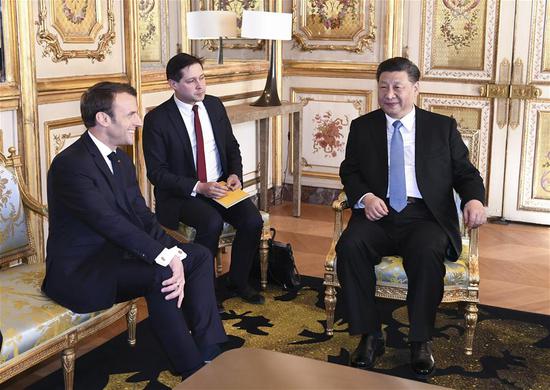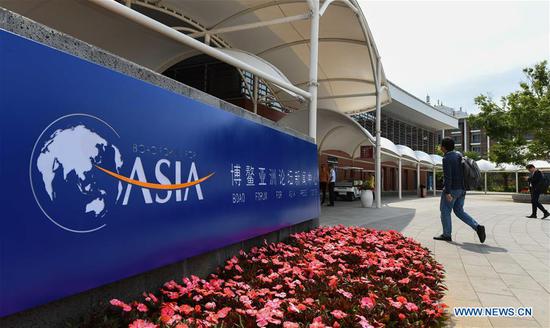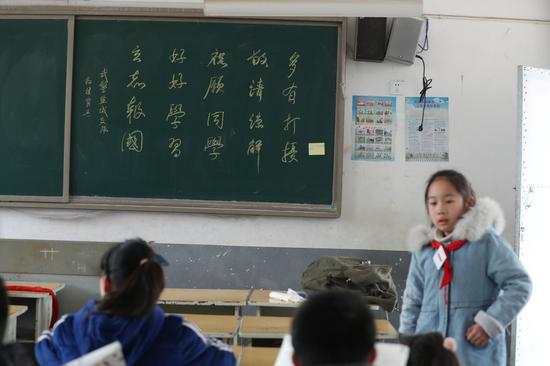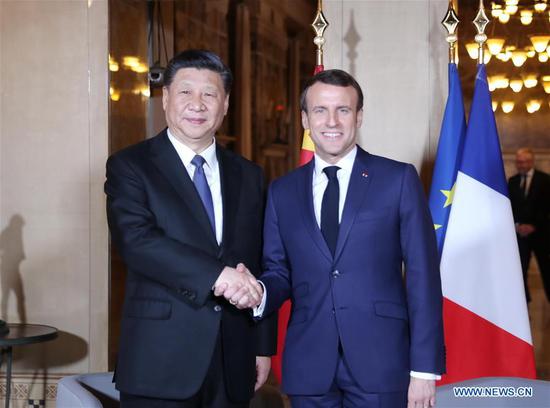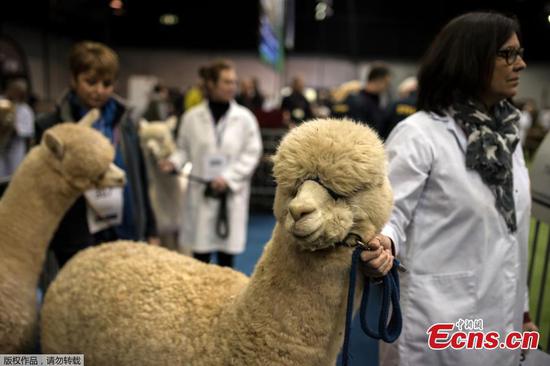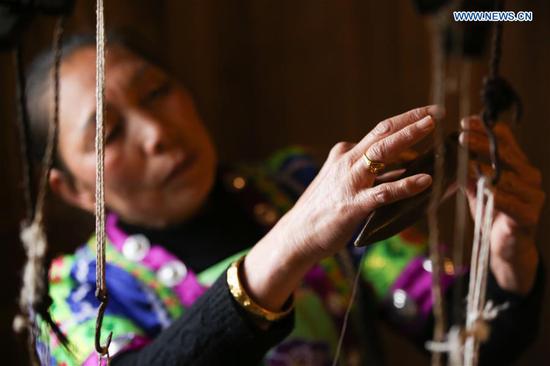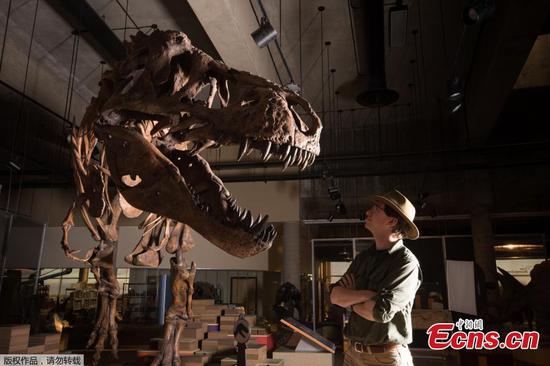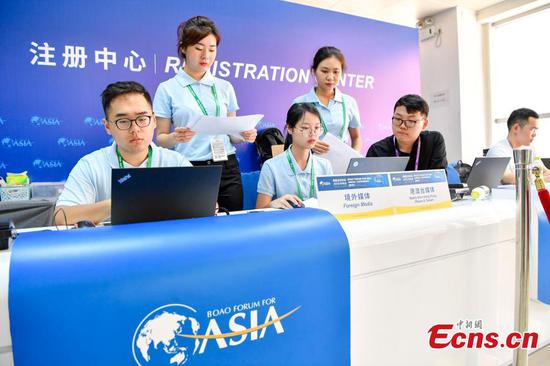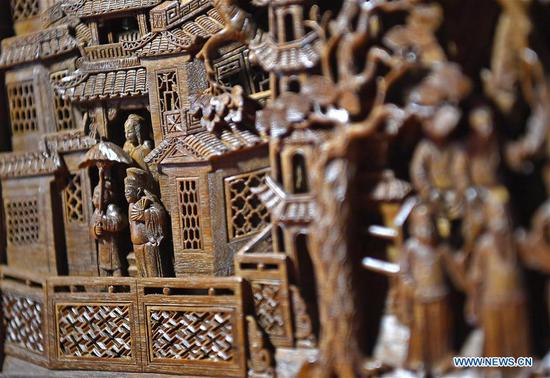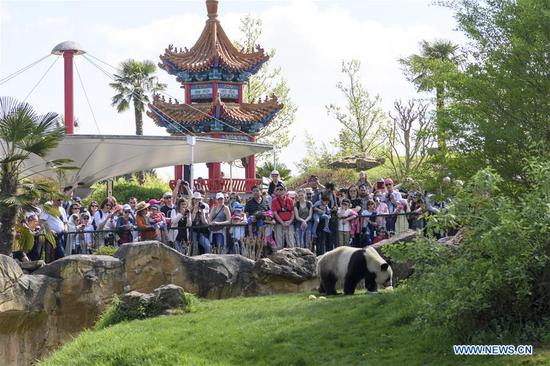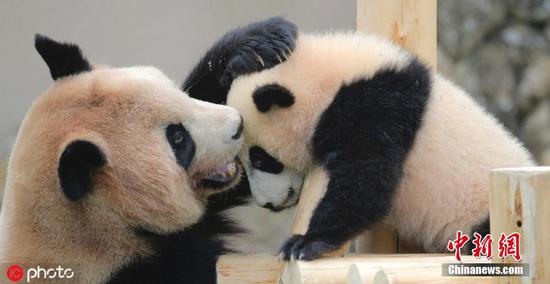More than 200 million migrants relocate each year globally, according to a study posted on Oxford Scholarship Online.
About 500,000 arrive in the United States annually. Many of them are from families who have adopted transnational lifestyles after settling in their new country - often after their children are born.
According to a paper published by Oxford Scholarship Online, it is believed that every year in large urban centers in the U.S. and Canada a significant number of infants and toddlers experience separations from their parents.
The paper, Satellite Babies, Costs and Benefits of Culturally Driven Parent-Infant Separations in North American Immigrant Families, states, "They are sent to live with extended family in the family's country of origin, a tradition that is often culturally sanctioned."
In 1999, The New York Times reported that up to 20 percent of some 1,500 babies born at the New York Chinatown Health Center were sent to China.
In 2009, a survey of 219 New York immigrant mothers from Fujian province found that 57 percent intended to separate from their infants as they needed to return to work because of a lack of access to childcare.
Two years later, a study of Chinese immigrants in New York indicated that more than 70 percent may have sent infants to China.
Researchers have found evidence that immigrant children who are separated from their parents are more prone to depression, low self-esteem and behavioral problems.
Young people in these studies, who joined their parents after several years of separation, were at greater risk of "internalizing disorders" due to the loss of relationships in China, loneliness and disappointed expectations upon arrival in the U.S..
More recently, the authors conducted a study examining stress and well-being among Chinese immigrant families in Boston's Chinatown by interviewing 30 parents in the area. Twenty-seven of them sent their children to China for child-care, and three had strongly considered doing so.
The interviews explored parents' motivations for sending their children to China, the experience of separation and reunion, their thoughts on the long-term consequences of separation and advice they had for other parents.
The interviews highlighted the difficulties children faced on being reunited with their parents in the U.S. after prolonged separation.
These include being confused about the situation, missing their primary caregivers in China, adjusting to mothers and fathers who have a different parenting style to their relatives, and adapting to new siblings and different food, language and educational environments.
Parents interviewed for the study reported that more difficulties arose with longer separations. Many regretted missing their children's early stages of development and felt that their relationships were more distant compared with other children who were not sent to China.
When children returned to the U.S., parents had to adjust their schedules, with many mothers stopping work to care for them. Parents also felt they had to correct "bad habits" the children learned in China, and attempted to establish intimate emotional bonds with their children after long separations.
To help overcome difficulties when they are reunited, the researchers said it is important to consider that a child is separated from primary caregivers twice - first from parents and then from grandparents or other relatives.
When children are due to be reunited with their parents soon, the researchers said it may help if both the parents and grandparents prepare the children for this by giving them a sense of what to expect and engaging them in an honest dialogue about the situation.









